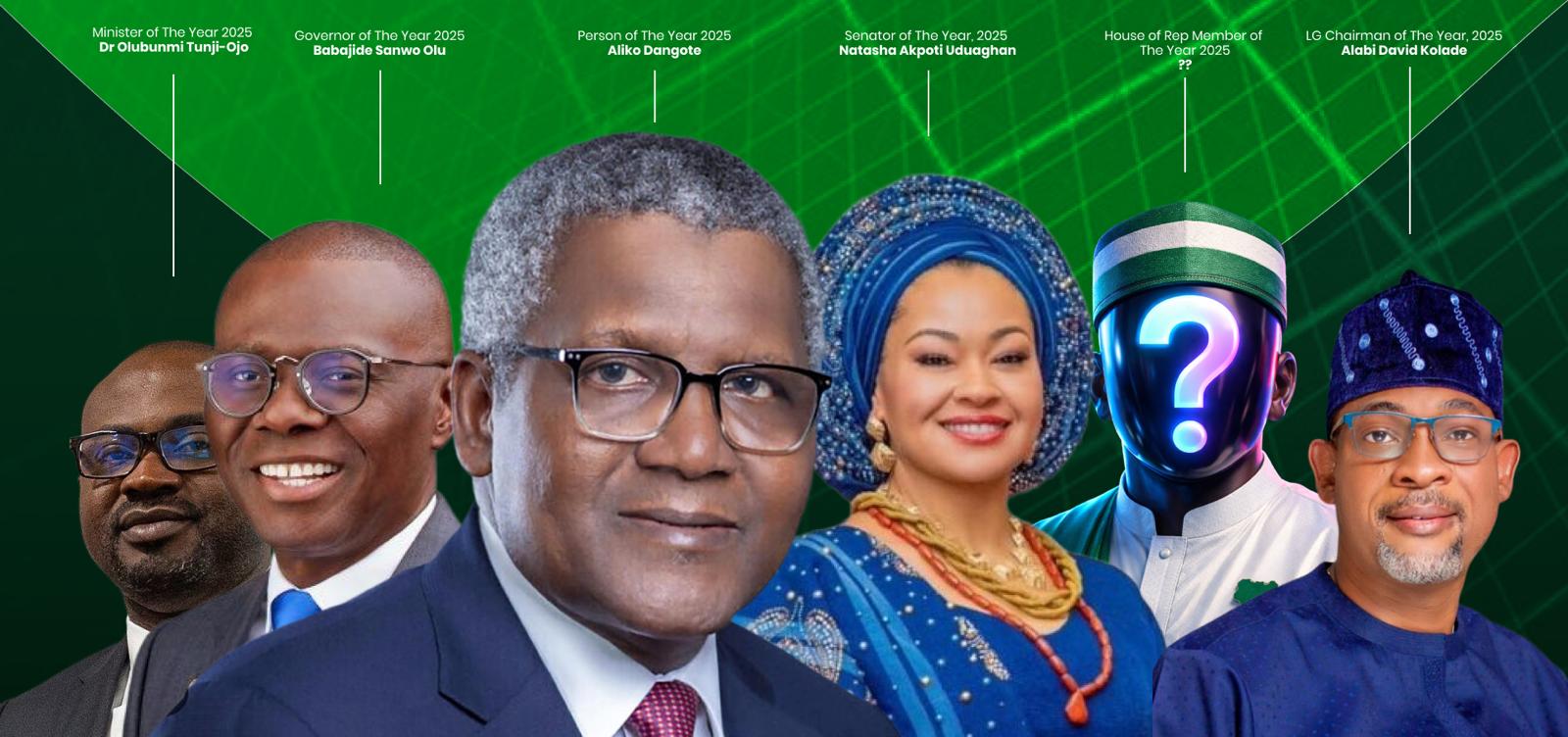A survivor of the June attack on displaced families in Yelwata, Benue State, on Thursday delivered a harrowing account to the U.S. House Foreign Affairs Subcommittee on Africa, saying she watched armed assailants slaughter five of her children as the camp burned. Her testimony, played for U.S. lawmakers considering Nigeria’s recent designation on human-rights and religious-freedom lists, has intensified international scrutiny of recurring communal and criminal violence in Nigeria’s Middle Belt.
Msurshima Apeh, identified in multiple media reports and shown via video during the hearing appeared virtually and described the night attackers overwhelmed the displacement site, set shelters alight and used knives and guns against sleeping families. “My five children that I left below were crying, and in my presence, they were being slaughtered by the terrorists,” she told the panel, a single voice representing scores of survivors who fled the assault.
Local reporting and eyewitness accounts paint a scene of mass chaos. Survivors say armed men arrived at the camp at night, forced residents into their shacks or tents, and carried out killings before setting structures ablaze. Initial tallies vary between reports, but dozens of fatalities, multiple abductions and the destruction of homes and property are consistently described by local journalists and humanitarian actors working in the area.
The footage and testimony were presented as part of congressional consideration of a high-profile U.S. policy decision: the Trump administration’s recent move to designate Nigeria as a “Country of Particular Concern” on religious-freedom criteria. Lawmakers used the hearing to examine whether the scale and character of violence including the Yelwata attack warrant increased U.S. humanitarian assistance, targeted aid for protection, or diplomatic pressure to spur accountability in Abuja.
The survivor’s testimony had an immediate effect on the hearing room. Members of the subcommittee repeatedly returned to the video, pressing State Department witnesses and human-rights advisers about steps the U.S. might take to support protection for civilians and improve investigative capacity inside Nigeria. Some lawmakers argued for emergency humanitarian funding to reinforce camp security, while others urged diplomatic measures aimed at ensuring perpetrators are pursued and tried under Nigerian law.
For many observers, the Yelwata spectacle crystallises several long-running challenges. First, the violence in Benue and neighbouring states sits at the intersection of criminality, communal disputes and weak local governance: attackers are variously described in reportage as “bandits,” “terrorists,” or “armed herders,” labels that carry distinct legal and operational consequences for how state and international actors respond. Second, the scale of mass displacement and the recurrent targeting of camps underscore protection gaps in humanitarian responses: perimeter security, lighting, and trained protection staff are often insufficient for sites that host thousands of vulnerable people.
Humanitarian agencies and local civil-society groups working in the Middle Belt emphasised similar concerns after the hearing. They told reporters that camps holding internally displaced persons (IDPs) are chronically under-resourced and that survivors require immediate medical, psychosocial and protection support. The groups urged both domestic authorities and international donors to prioritise rapid cash assistance, enhanced security arrangements and trauma-informed care for witnesses and their families.
Security analysts caution against simplistic policy responses. Military operations alone, they say, are unlikely to end cycles of reprisal and opportunistic banditry. Analysts recommend a multipronged strategy that combines protection for civilians, targeted criminal investigations, community-based reconciliation initiatives, and economic programs that reduce incentives for violence. Some experts also argued for strengthening local policing capacity and intelligence coordination, while ensuring that operations comply with human-rights norms to avoid further alienating communities.
Politically, the hearing underscores a sensitive reality for Nigeria’s federal authorities. Internationalised testimony raises the diplomatic stakes: U.S. lawmakers have a domestic constituency attentive to religious-freedom claims and human-rights abuses, and congressional concern can translate into conditionality on bilateral assistance or public diplomatic pressure. Nigerian officials have sometimes pushed back against external characterisations of violence, arguing that local complexities require domestic solutions. Nonetheless, the global attention increases pressure on Abuja to demonstrate credible investigations, arrests and prosecutions.
Legal and forensic experts invited to testify before the subcommittee stressed the need for evidence preservation and independent investigations. Several suggested that U.S. and international forensic and prosecutorial assistance including training in mass-casualty documentation and witness protection programs could help build cases that survive domestic and international judicial scrutiny. They argued that documentation now will be critical if accountability is to proceed beyond statements and condemnations.
Beyond immediate policy options, Apeh’s testimony lays bare the human cost of insecurity and displacement. Psychosocial care, reparations (where possible), and long-term livelihood programs are essential to prevent cycles of trauma, recruitment, and social breakdown. Experts attending the hearing warned that witness testimony, while powerful, is not a substitute for durable governance reforms: strengthening judicial independence, improving local service delivery, and tackling land-use conflicts remain central to any sustainable strategy.
For survivors who testified, the hearing was both a moral appeal and a plea for action. Apeh’s description of losing five children, an account that was echoed in local video clips circulated earlier this year turned abstract statistics into a human story that U.S. lawmakers and the international audience could not easily ignore. Whether that outrage converts into concrete international support, protective measures, or strengthened domestic accountability will be a test of both Nigerian institutions and the international community’s stated commitments.
As the subcommittee closed its session, members pledged follow-up: some urged the State Department to increase humanitarian assistance and to press Nigerian authorities for credible investigations; others recommended targeted programs to improve IDP camp protection and trauma services. For human-rights advocates and displaced communities back in Benue, such promises are welcome but will be judged by actions on the ground, stronger security at camps, medical care for survivors, and, crucially, demonstrable steps toward accountability for those who carried out the Yelwata attack.

